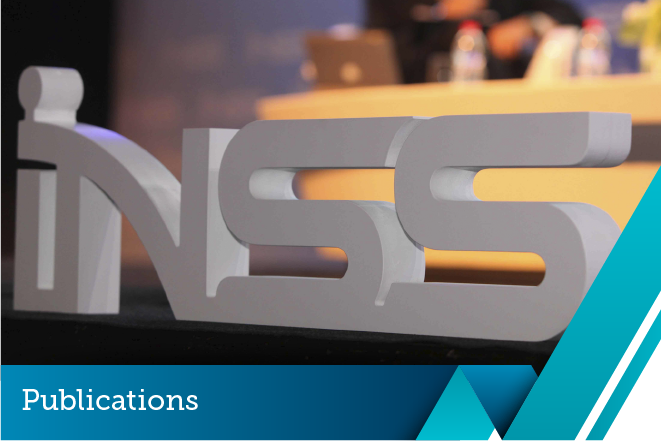Publications
in Negotiating in Times of Conflict, eds. Gilead Sher and Anat Kurz, Tel Aviv: Institute for National Security Studies, 2015

This study examines the internal process that led Northern Irish combatant groups, mainly the Loyalist camp, to relinquish armed struggle as a viable strategy to accomplish their political goals. Rather than looking at the content of the peace agreement or at the negotiation and reconciliation processes between Loyalists and Republicans, the authors focus on internal dynamics, i.e., intra-group negotiations and consensus building mechanisms that Loyalist militant organizations employed with their own members to switch from violence to nonviolence, and from confrontation to engagement with the enemy. The paper underlines how the consensus building process was multifaceted and included a combination of carefully structured internal deliberations amongst combatants, together with the crafting and implementation of targeted programs to empower and transform militant organizations and their role within society. The paper also focuses on the specific roles ex-prisoners and key faith leaders played in shaping this monumental transformation. The paper emphasizes the importance of building widespread support for peace and of engaging, rather than alienating, potential opponents. In addition, by examining the policies used to deepen support for nonviolence throughout the past 17 years following the Good Friday Agreement, the paper underscores the importance of continuing peace efforts in the post-agreement phase. Finally, the authors examine the main lessons that can be learned from the consensus building process among Northern Irish Loyalist combatants and discuss its relevance to other intractable conflicts.
The opinions expressed in INSS publications are the authors’ alone.
Publication Series Chapters


